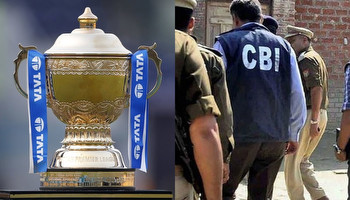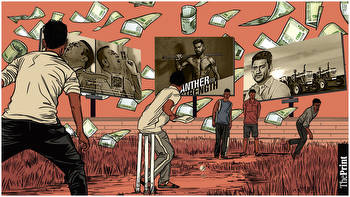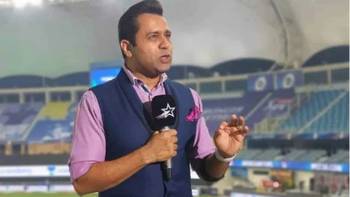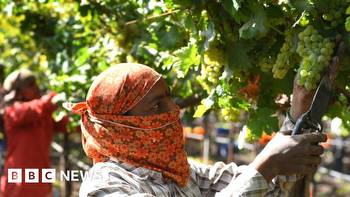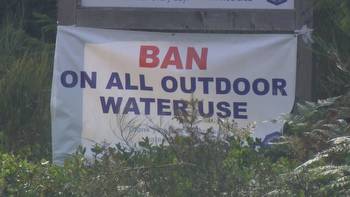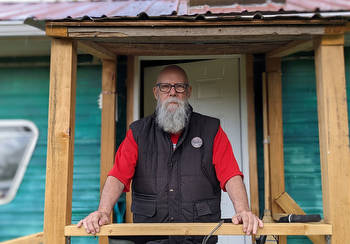Bad air alert: Why we fail to tackle killer winter pollution year after year
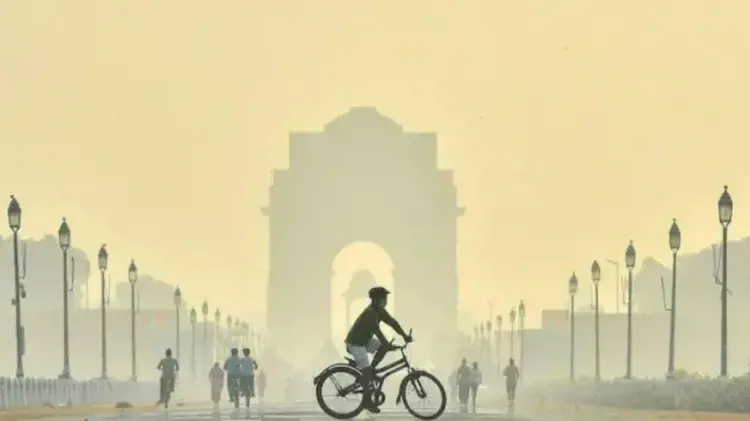
Delhi is one of the most polluted cities in the world. The smog is expected to cover the city from mid-October. There are many political and social consequences if the smoky air lingers for too long. The International Day of Clean Air for Blue Skies is celebrated on September 7. It is little surprise that Delhi often goes under the radar.
Smoke from farm fires, coal-fired power plants, garbage burning, Diwali fireworks, vehicular and industrial emissions cause smog. Since the monsoon is over and there is hardly any wind speed, this deadly cocktail doesn't get cleared up.
The monsoon is over and there is hardly any wind speed.
Farm fires are blamed for winter smog in Delhi and the rest of North India. The fires burn paddy residue from October 15 to November 15 in Punjab. This is a fast and economical way for farmers to clear the fields for the sowing of the Rabi season wheat crop.
Punjab and Delhi wanted Rs 1,125 crore from the Centre to provide a cash incentive for farmers not to burn crop stubble. The Centre has rejected the proposal. Union agriculture ministry sources said that the centre is doing its part and Punjab must do the rest. NTPC and the Indian Oil Corporation are buying crop stalks for power generation and biofuel creation. Environmentalist Manoj Misra believes the government should buy the stalk even at a loss. He believes it will help restore water bodies and address the problem of flooding during monsoon.
Delhi government has re-imposed a ban on the production, sale and use of firecrackers till January 1. The ban is not enforced. Firecracker sales are rampant in Delhi's peripheral areas. In 2021, Delhi recorded its worst post-Diwali air quality in five years.
Delhi government wants to prepare a joint action plan to prevent winter air pollution. The plan will trigger measures from increasing parking rates to halting construction activity. Delhi government is again talking about the spraying of bio-decomposer in paddy fields to help decompose stubble and prevent farm fires.
Air pollution is a quiet killer in Delhi. Authorities have shut down many coal-fired power plants and banned old and polluting vehicles. But dust from construction and demolition activities is still a problem. Public transport and waste management are also important. Delhi has succeeded in cutting pollution by 60% but still needs to cut it further. It's important to adopt the polluter pays principle to change behaviour. It is also necessary to identify priority areas for Delhi and the National Capital Region. The NCR includes Uttar Pradesh's Noida, Ghaziabad and Haryana's Gurugram and Faridabad.
There are many lanes full of construction material in Dwarka, Shalimar Bagh and Vikaspuri.
Winter pollution is a health crisis in Delhi-NCR. Misra and Roy Chowdhury call for urgent action. They call on the government to take a holistic approach. They also call to change the school holidays to coincide with the most critical winter period. The most vulnerable are children, ailing populace, the elderly and daily-wagers like rickshaw pullers. A special pollution-prevention wage should be provided to daily wagers. There should also be a national lockdown.
There is a health emergency announcement regarding the bad air quality.

